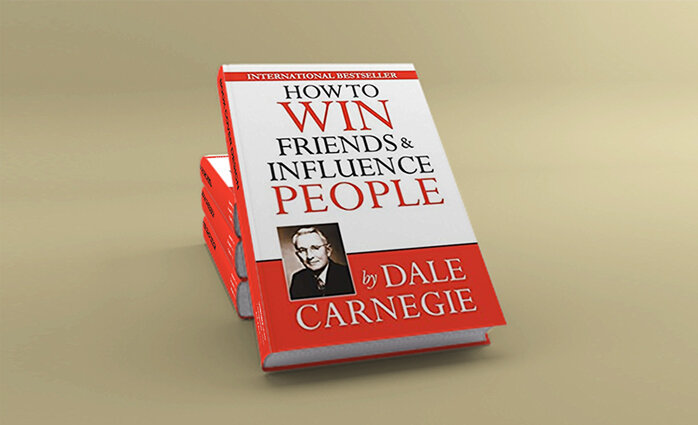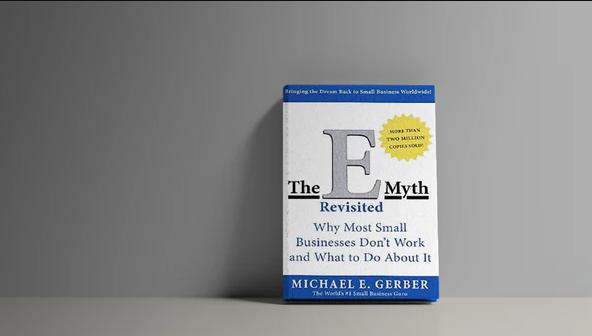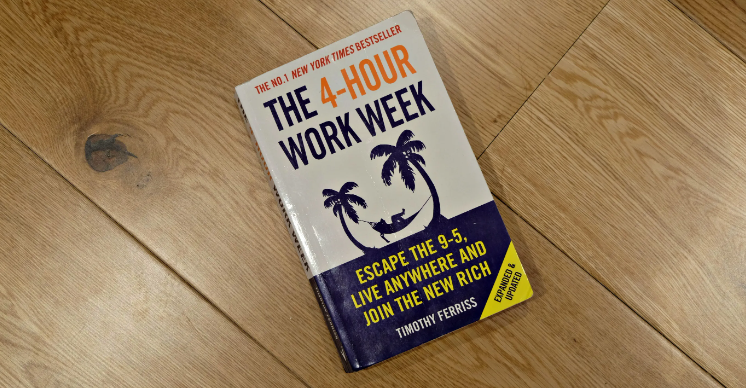
In the world of finance, there’s a constant chase to be wealthy. But once you’ve crossed that magical line of “having enough,” the game changes.
Getting wealthy and staying wealthy are two different skill sets, and no one explained this better than Morgan Housel in his book, The Psychology of Money.
Whether you’re building wealth from scratch or trying to hold on to what you’ve got, understanding the psychology behind it can help you avoid classic mistakes. And who doesn’t want to steer clear of financial blunders? Let’s dig in.
Contents
Getting Wealthy: It’s All About Taking Risks
The first step to becoming wealthy is simple… at least on paper. You need to take risks, make investments, and sometimes make big, bold moves. This phase is all about growth, seizing opportunities, and finding the right strategies that can propel your wealth to new heights.
In The Psychology of Money, Housel highlights that getting wealthy often requires being brave enough to venture into the unknown.
Think about all those millionaires who made their fortune by starting a business, investing in the stock market, or jumping on the real estate bandwagon. They didn’t get wealthy by hoarding cash under their mattress. They put their money to work, often in ways that made their friends say, “Are you sure about this?” But that’s the thing: getting wealthy requires a bit of a risk-taker mindset. If you never jump, you can’t soar.
Of course, this isn’t a suggestion to throw caution to the wind. It’s more about calculated risks, not reckless gambling. As Housel puts it, becoming wealthy is as much about seeing opportunities as it is about grabbing them, even when you’re unsure about the outcome.

The Psychology of Money
Timeless Lessons on Wealth, Greed, and HappinessMorgan Housel Business 2020
Available in: | |
Staying Wealthy: The Art of Playing Defence
Now, you’ve got wealth. Congratulations! But here’s where it gets interesting. Staying wealthy is a whole new ball game. If getting wealthy is about taking risks, staying wealthy is about managing them. This phase is less exciting, more defensive. It’s not about growth at all costs; it’s about protecting what you’ve built.
Imagine you’re a squirrel that’s gathered enough acorns for winter. You don’t want to spend the entire season just collecting more acorns, do you? You want to make sure the stash you have lasts. Housel explains that staying wealthy involves keeping a balance between ambition and caution. In other words, you’re playing a defensive game, and the goal is to keep what you’ve already earned.
Many people who get wealthy forget this. They’re so used to charging ahead that they don’t realise the rules have changed. Suddenly, the goal isn’t to outpace everyone; it’s to make sure they don’t lose what they have. And that requires humility, patience, and, yes, a little paranoia.
The Trap of Overconfidence
One of the most common pitfalls in the journey from getting wealthy to staying wealthy is overconfidence. It’s easy to think, “I’ve made it once, I can do it again.” This mindset can lead to taking unnecessary risks, often leading to financial loss. Just because you got wealthy through aggressive investment strategies doesn’t mean the same tactics will help you stay wealthy.
In fact, Housel warns that the skills required for accumulating wealth can sometimes be the very ones that lead to losing it. Think of it like this: if getting wealthy is climbing a mountain, staying wealthy is not tripping over your shoelaces on the way down. You need to be just as careful – if not more – when holding on to your wealth.

Luck and Risk: The Unseen Players
Wealth-building involves more than just smart decisions and strategies. Two underappreciated factors, according to Housel, are luck and risk. It’s easy to look at someone who is wealthy and think it was all down to their genius, but that overlooks the role of timing, opportunities, and sheer luck. The same goes for staying wealthy; sometimes the world throws you curveballs, and no amount of preparation can fully protect you.
The key, Housel suggests, is to acknowledge the role of luck and be humble about it. This humility helps prevent overconfidence and keeps you grounded. In the grand game of getting and staying wealthy, those who understand that they can’t control everything are often the ones who come out on top.
Wealthy Doesn’t Mean Flashy
Another important lesson from The Psychology of Money is the idea that being wealthy doesn’t always mean showing it off. Some of the wealthiest people in the world are surprisingly low-key about their fortunes. Why? Because they understand that true wealth is about freedom and security, not the latest sports car or designer handbag.
Staying wealthy often means resisting the urge to show off. It’s about understanding that just because you can buy something doesn’t mean you should. Those who manage to keep their wealth often do so because they prioritise long-term security over short-term gratification.
How to Think About Wealth
The journey of getting wealthy and staying wealthy is filled with twists, turns, and unexpected detours. The secret is to learn when to be aggressive and when to play it safe. It’s about understanding that no financial strategy is a one-size-fits-all solution.
Wealth isn’t just a number in your bank account. It’s peace of mind, freedom to live life on your terms, and the ability to take care of yourself and your loved ones. The good news is, once you understand the psychology behind it, navigating this journey becomes a lot easier.
The Wizdom App
If you’re looking to learn more about money, wealth, and how to master both the art of getting and staying wealthy, check out the Wizdom app. It’s like having a financial guru in your pocket, breaking down complicated concepts into easy-to-digest bites. Think of it as your friendly guide on the road to financial freedom – without the boring bits. Download it today, and take your first step toward a wealthier future!

Zia Hawwa
Currently pursuing a Degree in Criminology, Zia’s passions lie in the world of literature and the human psyche. She loves what the world has to offer, and is always on the journey of satisfying her curiosity.
Recent Posts
- 25 Top Quotes from The 10X Rule to Supercharge Your Ambition
- 10 Books You Must Read to Succeed in Your Career
- 30 Little Tricks for Big Success in Relationships
- 25 Life-Changing Self-Help Books to Read This December: Boost Your Mood and Your Mind
- 25 Amazing Self-Care Tips for December: Wrap Yourself in Joy, Not Stress









